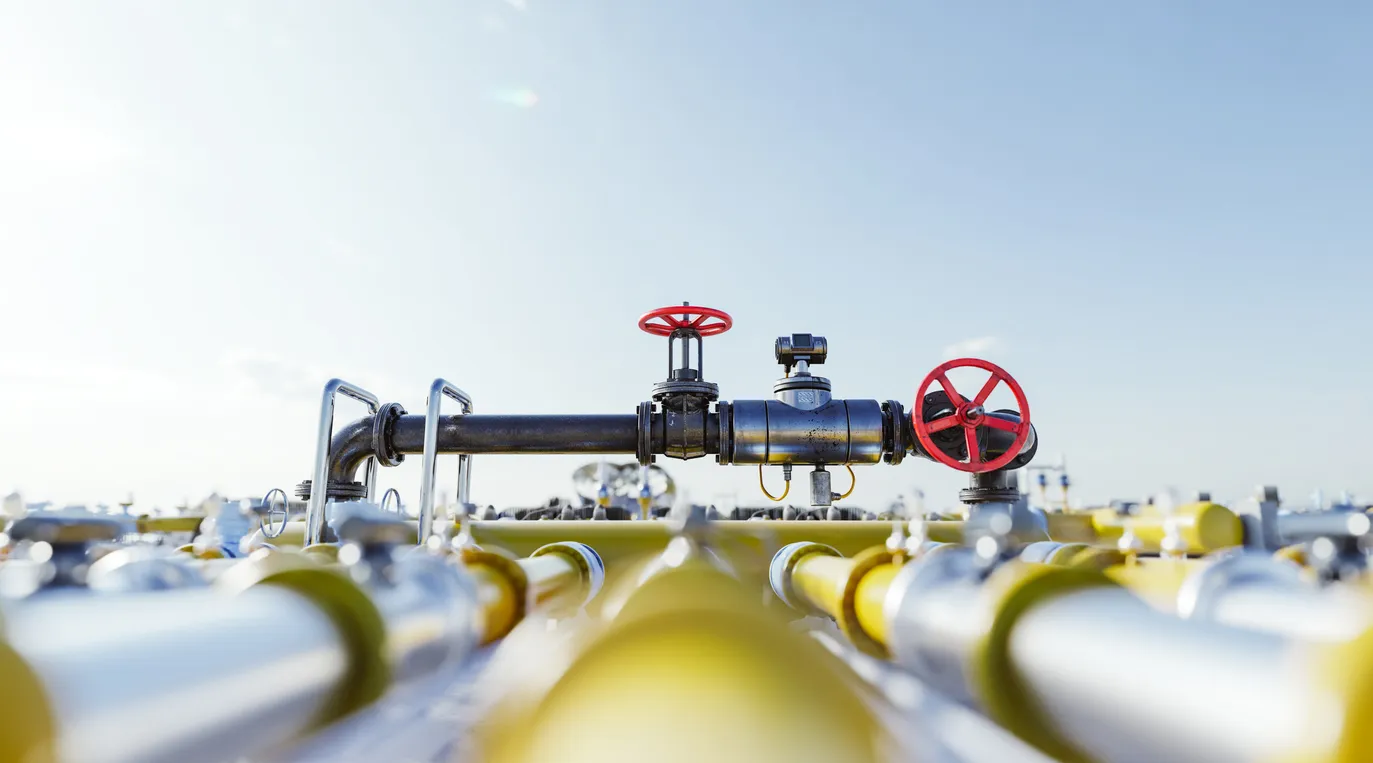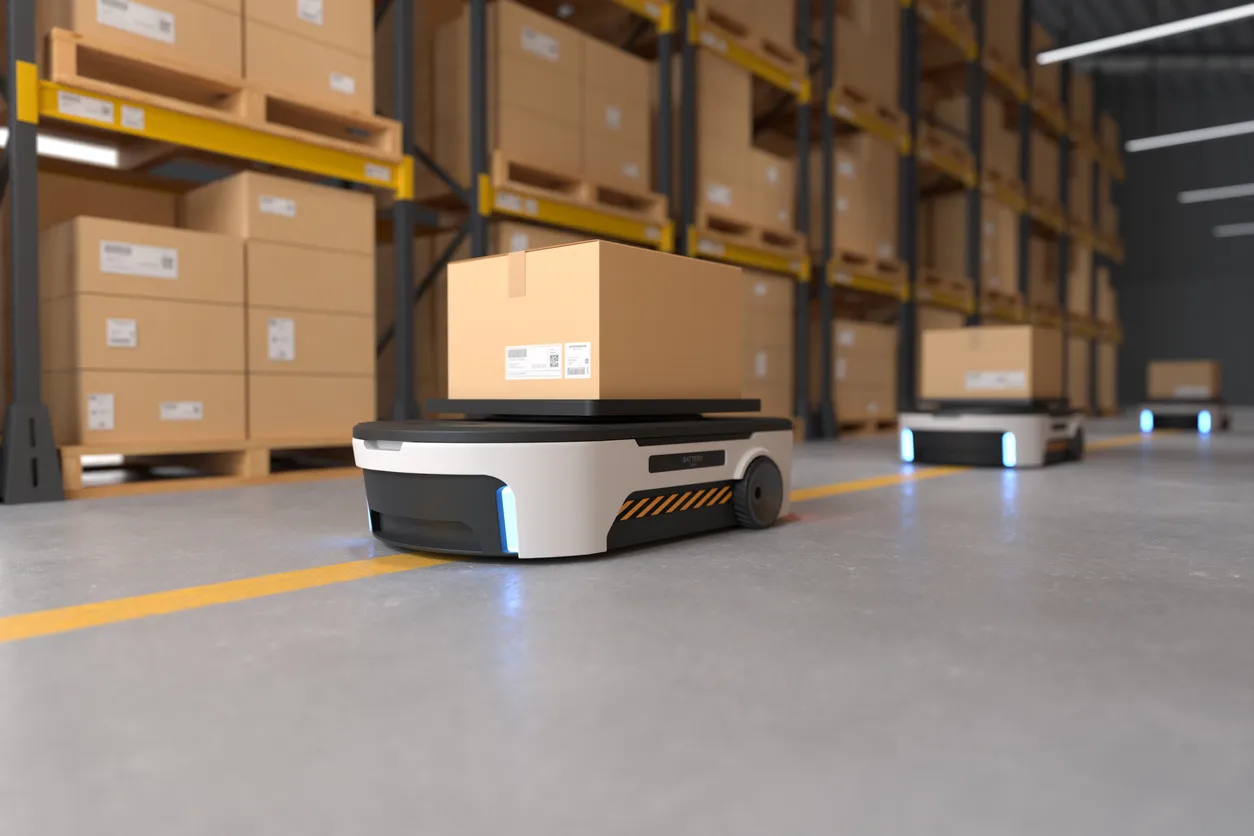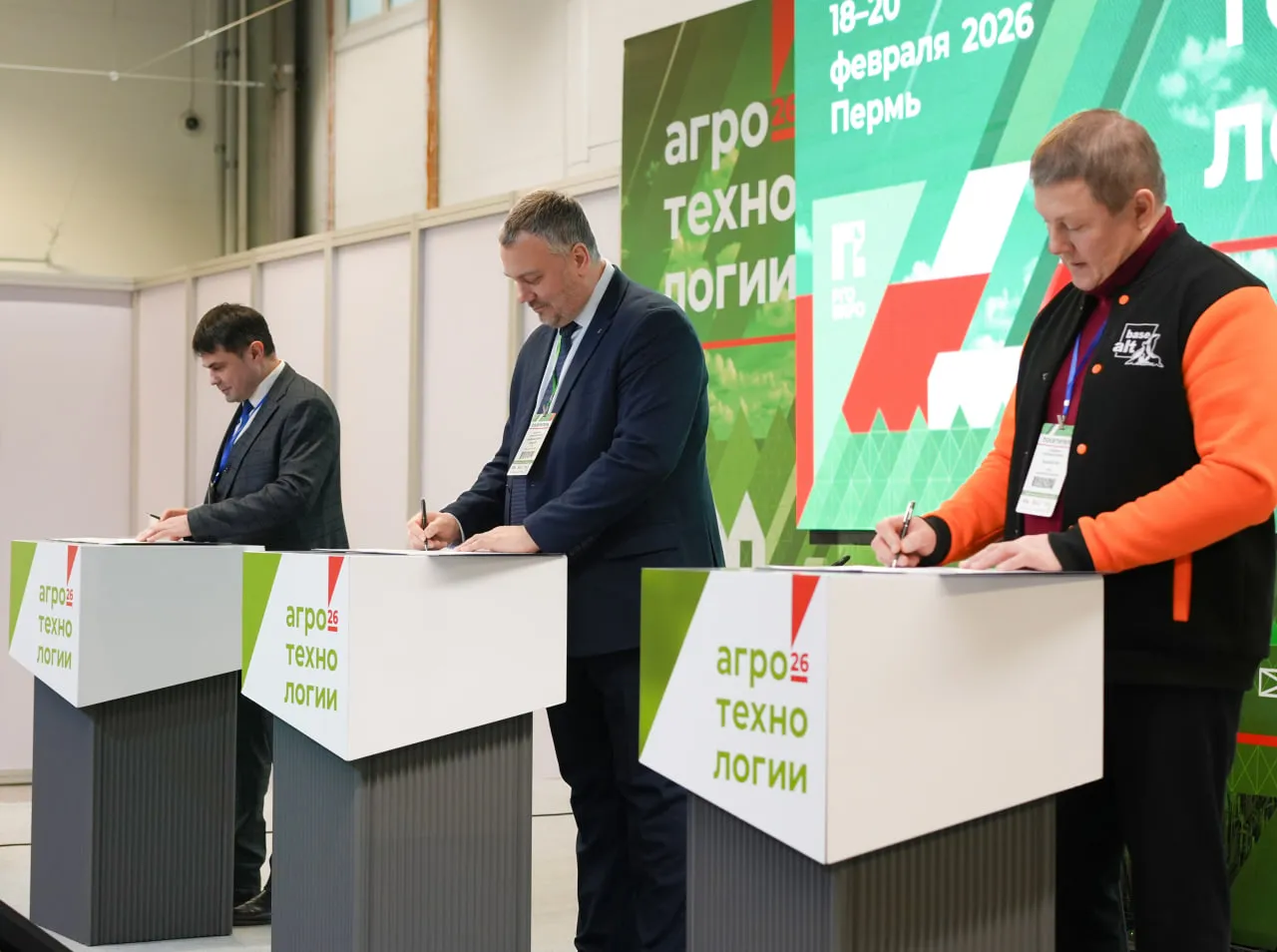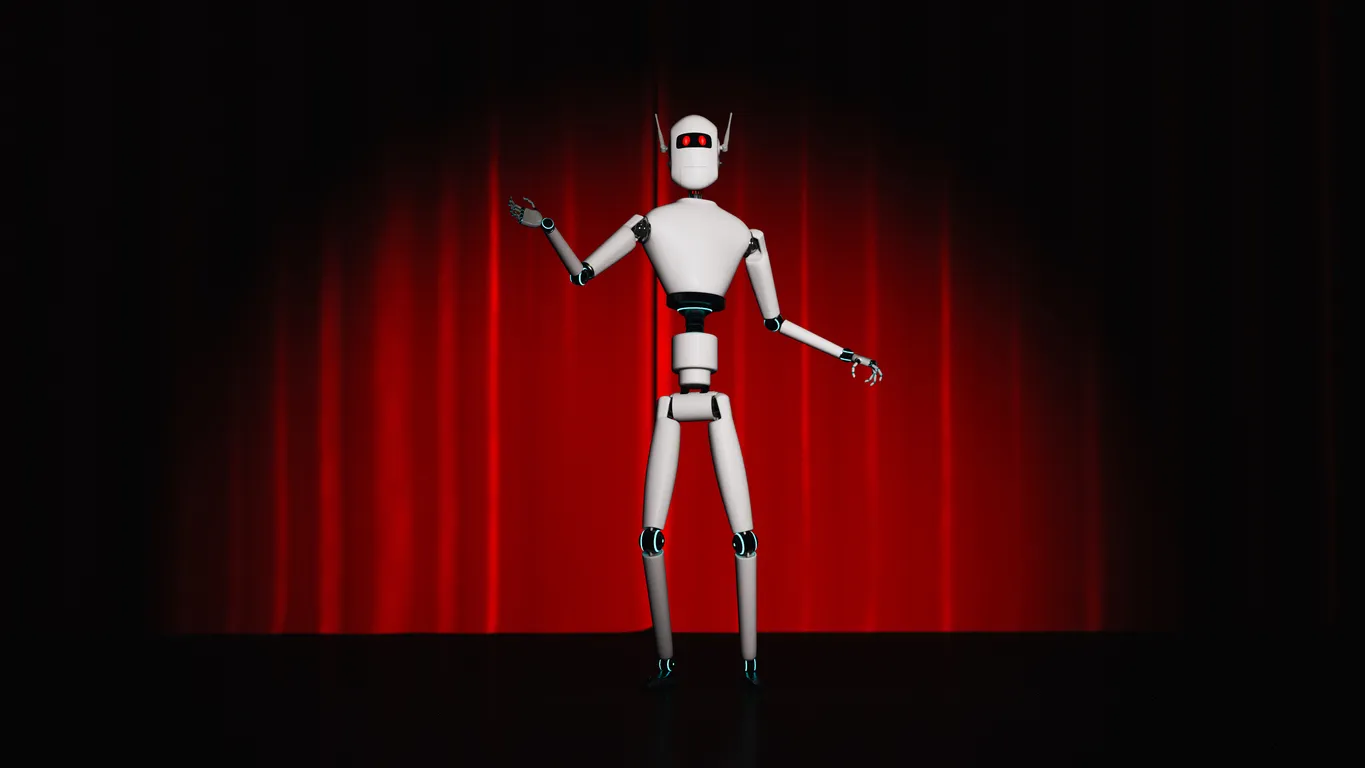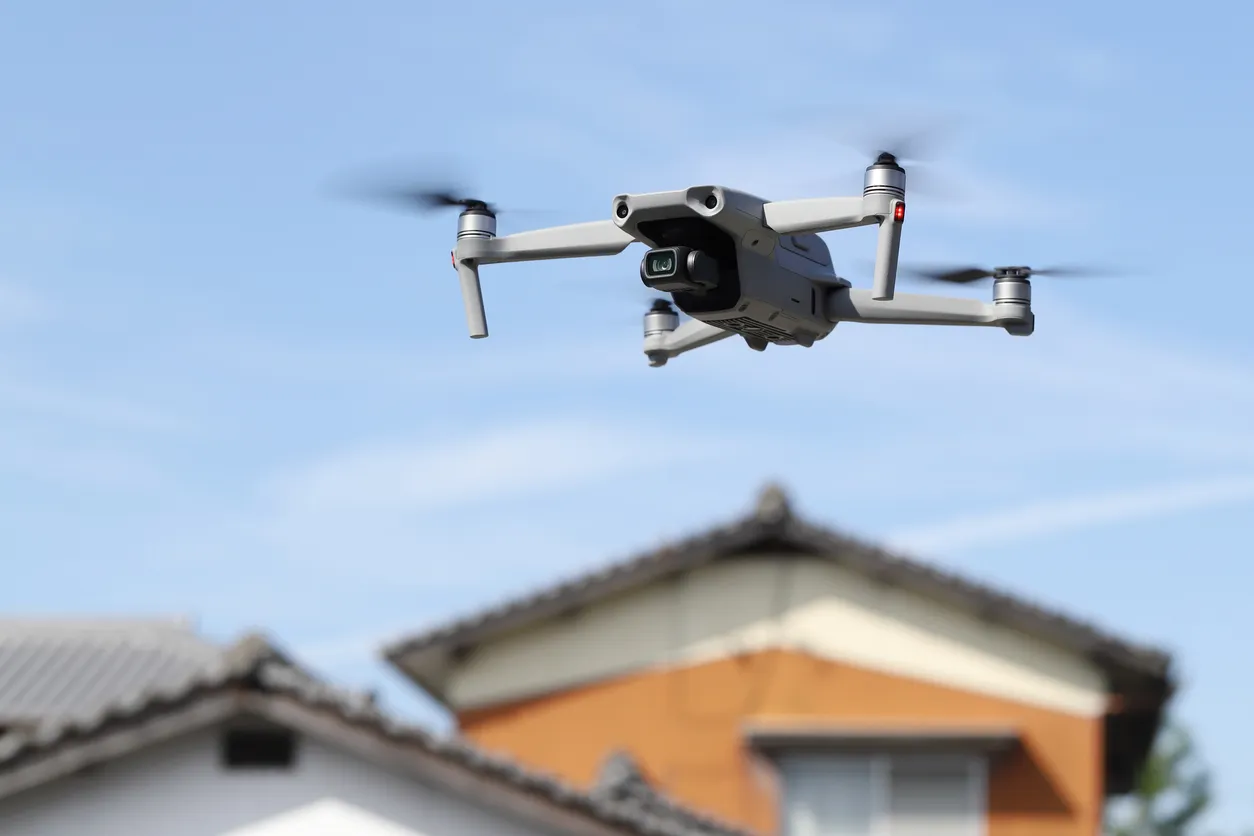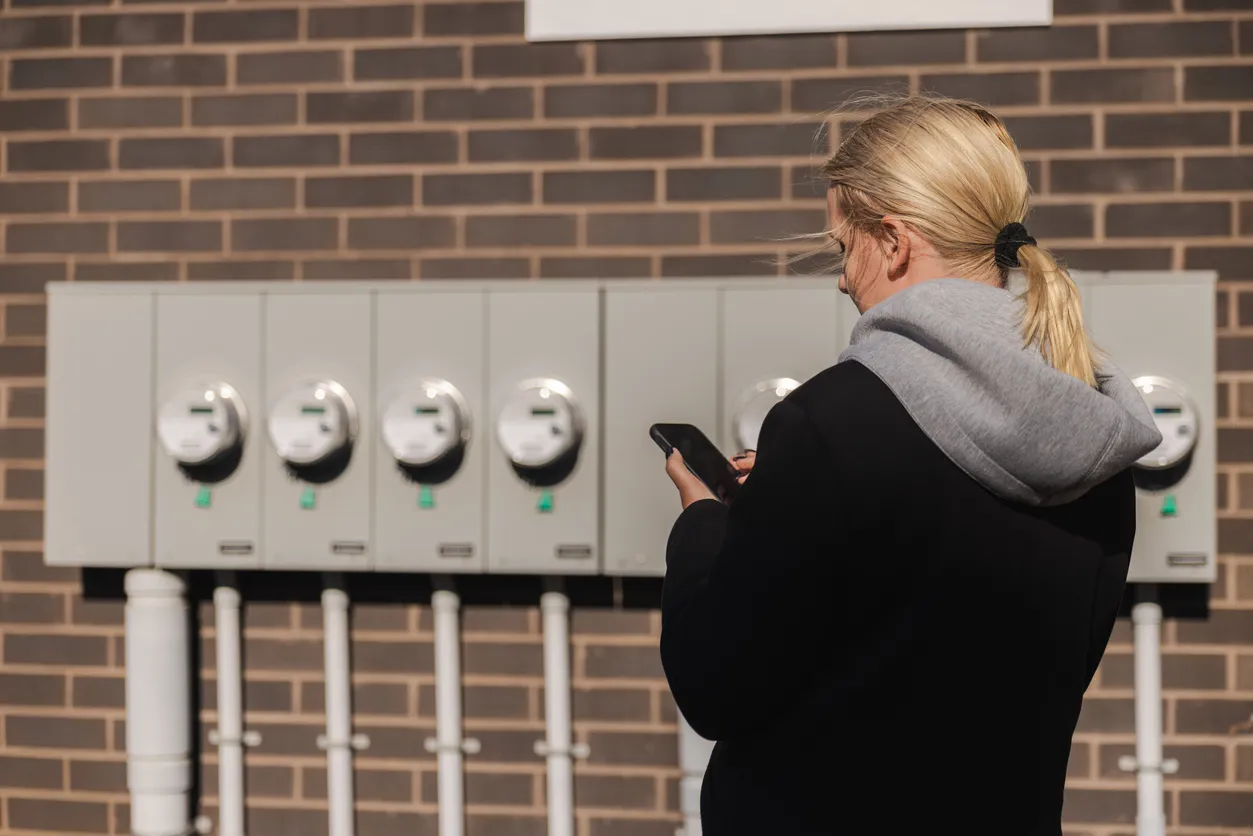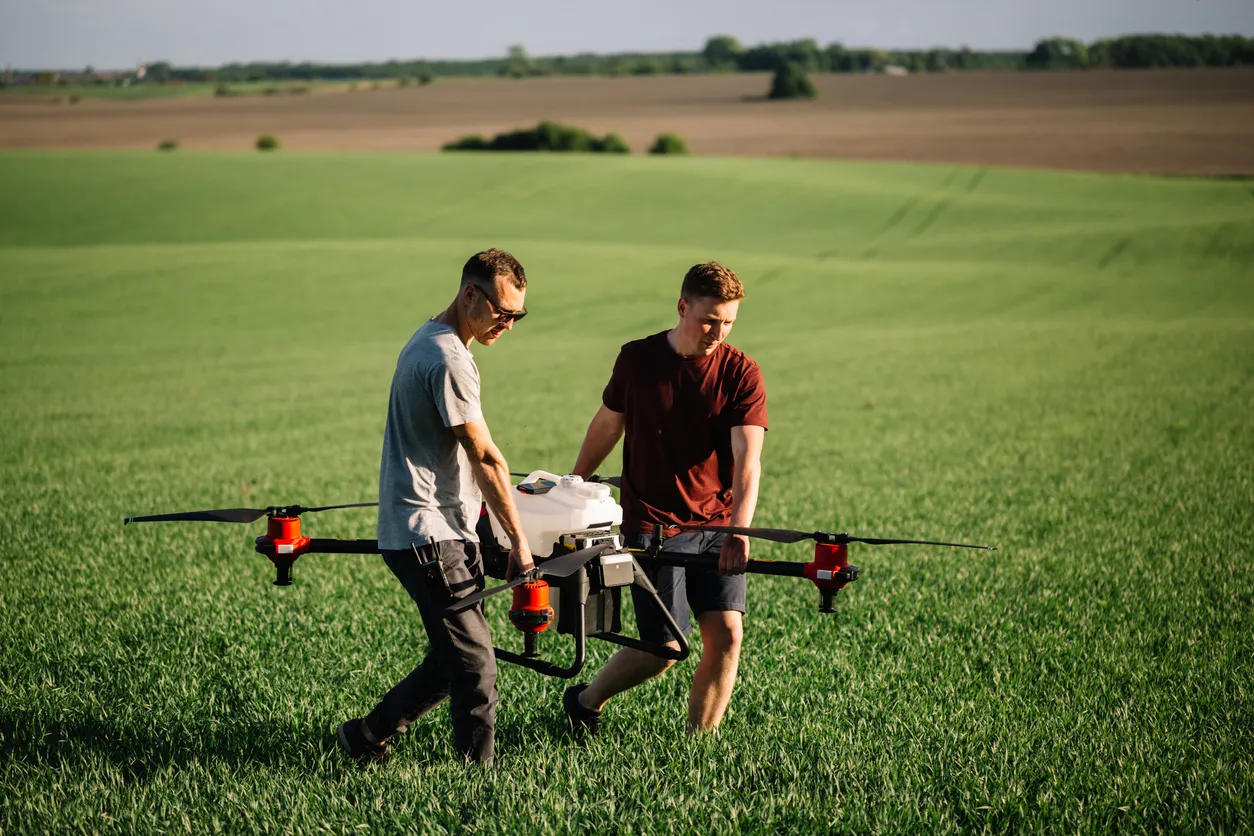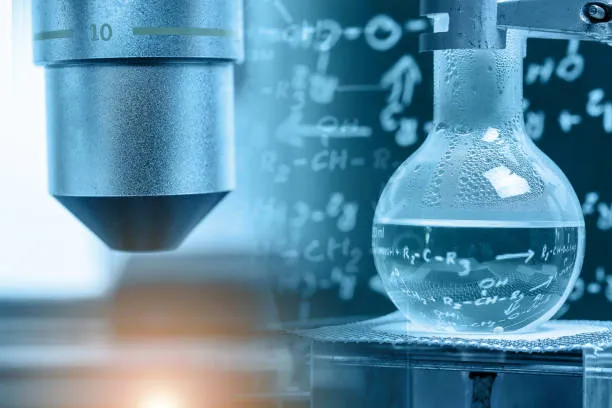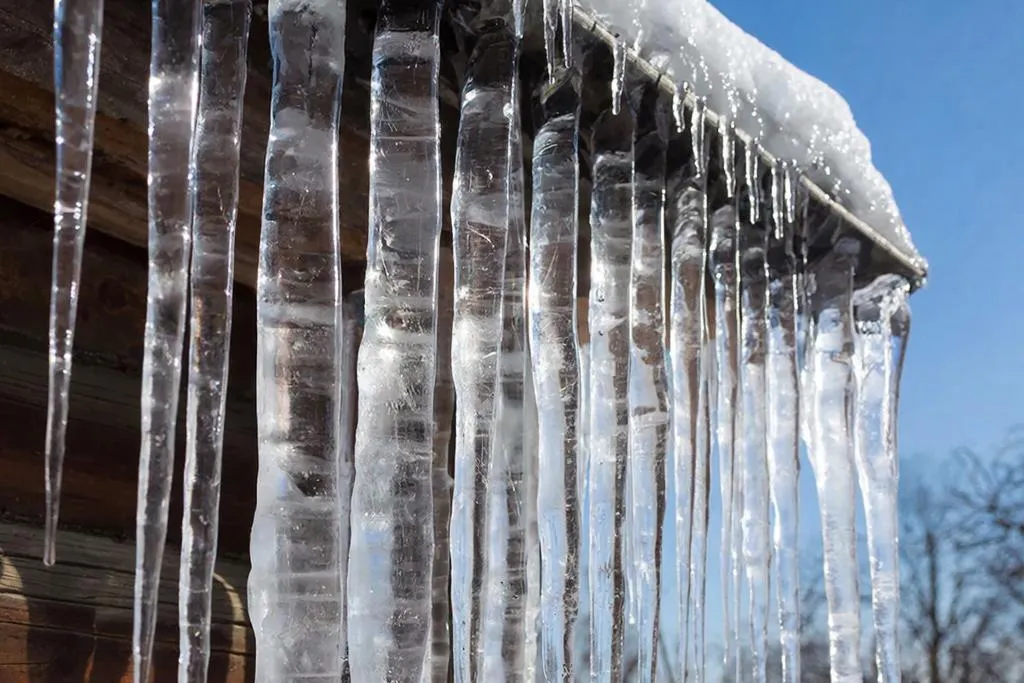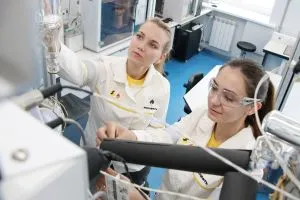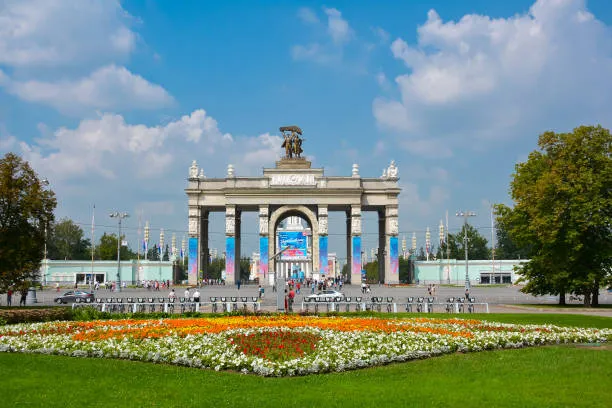Russian AI Discovers Ultra-Strong Steel for Nuclear Reactors
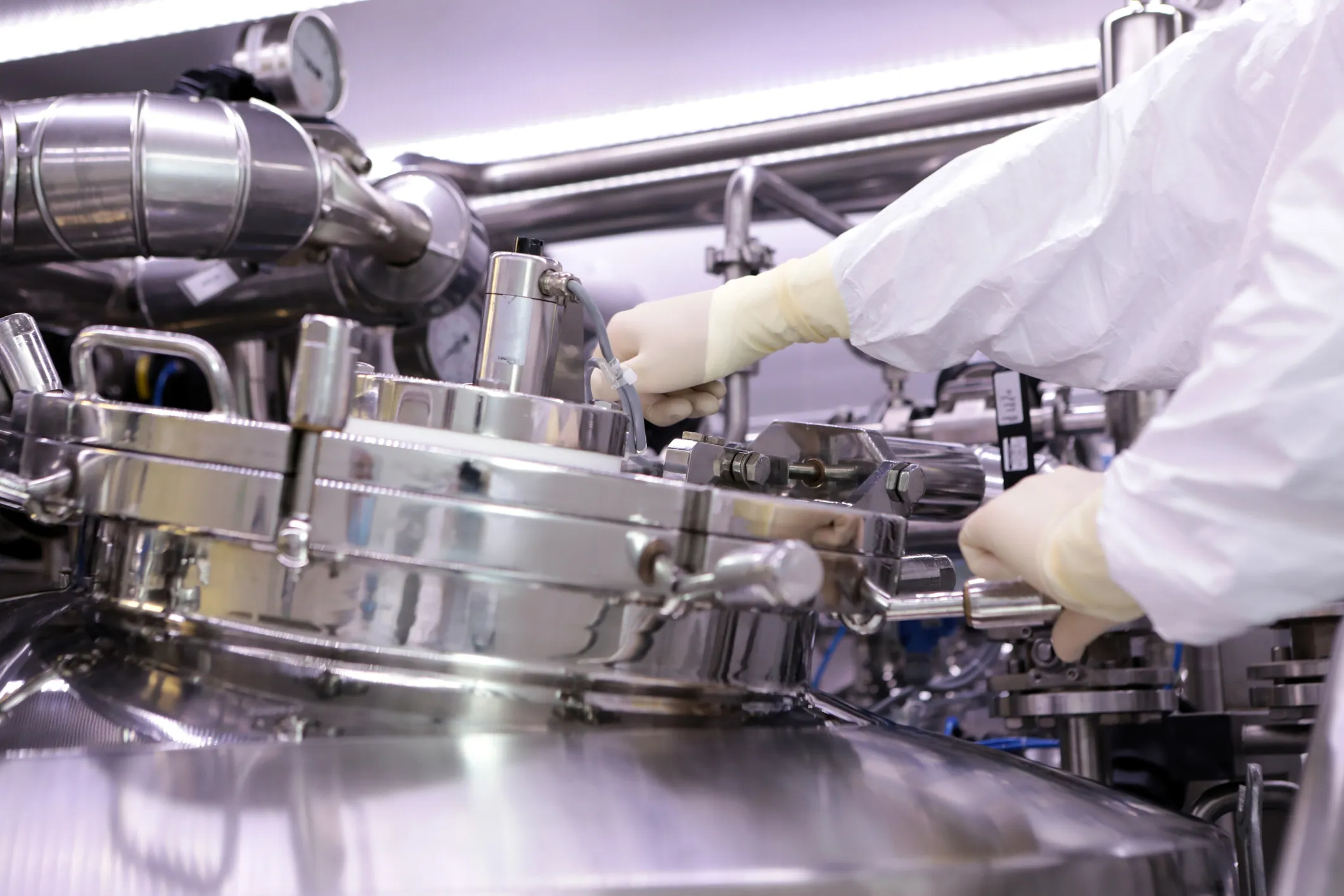
Using machine learning, Russian scientists have designed new steel alloys that could significantly boost reactor safety and longevity.
Russian physicists have applied artificial intelligence to develop unique steel alloys capable of greatly improving the reliability of nuclear reactors. The findings, produced by specialists at the All-Russian Research Institute of Automatics named after N. L. Dukhov and the Moscow Institute of Physics and Technology, were published in the journal Materials & Design.
The researchers compiled a database of 294 steel compositions and more than 4,000 property parameters. Based on this data, the neural network predicted which alloys would be stronger and more resistant to stress under high temperatures and radiation.
To identify optimal solutions, the team used an evolutionary algorithm mimicking natural selection: mutation — random changes in composition; crossover — combining the best traits of different steels; and selection — keeping only the most promising candidates.
The results exceeded expectations. Of the five alloys proposed by the AI, three showed record-breaking performance: increased long-term strength (extending reactor service life), high impact toughness (resistance to mechanical damage), and improved yield strength (ability to withstand extreme loads).
The new steels will make nuclear power plants safer and extend the operational lifespan of reactors.
The technology can also be applied to discover other advanced materials — from aerospace alloys to Arctic-ready composites. Implementation of the new steels in Russian reactor vessel production could begin in the coming years.




